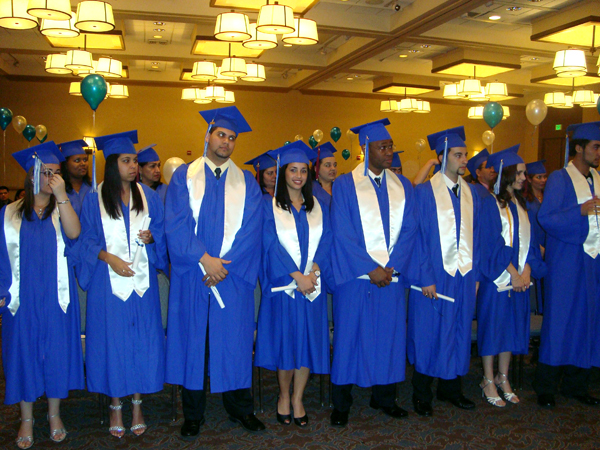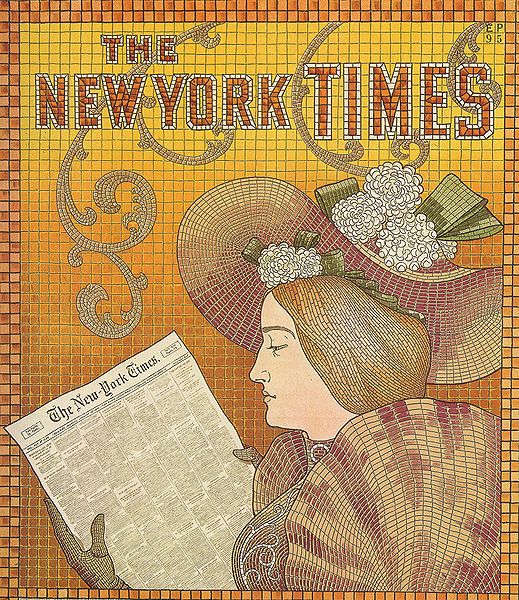“There is huge potential for iPad apps (or any other apps for that matter) to become the books of the 21st century.” writes Marion Menaker.
All Articles
How can we make sure that the technology behind digital medical records actually does all the things that advocates believe is possible? Jacob Goldstein writes that we must pay attention to how they’re designed.
The commercial future of solar energy may have gotten a big boost. Researchers have solved two major problems that had been hampering the efficiency and affordability of solar cells.
In Eastern Europe, “the open discussion of a tragedy represents a revolutionary change,” writes Anne Applebaum of reaction to the plane crash Saturday that killed members of the Polish government.
Studies of the natural waterproof adhesives used by marine creatures like mussels and sea worms may help scientists develop glues that can be used inside the human body.
Scientists studying a neurodevelopmental disorder called Williams syndrome report that children with the disease seem not to form racial stereotypes.
Two major journalism prizes were recently announced and the winners say some interesting things about the state of the profession. The University of Oregon’s Payne Award for Ethics in Journalism […]
Nanotechnology, when perfected, may lead to developments including robotic muscles, solar cells, or synthetic muscles for humans.
You know all that stuff you’ve been told for years not to eat–like animal fat, eggs and butter? Well, Nina Planck, the author of “Real Food: What to Eat and […]
It’s not something generally referenced in the discussion over China’s awesome growth, and it might only be marginally related. But the influx of Chinese students attending American universities hasn’t gone […]
Bestselling author Lionel Shriver isn’t embarrassed to admit that her impulse to write stems from her feelings of social incompetence: “You know that feeling of having had an encounter with […]
I’ve been a New York Times junkie since I was thirteen years old. This in itself shouldn’t be a big deal, but if you grew up in a small Southern […]
A while back I linked to a couple of studies in which scary public-health messages had the opposite of their intended effect: These anti-drinking and anti-smoking ads made people want […]
Roland Martin makes the case that Confederate soldiers in the Civil War were domestic terrorists — and shouldn’t be honored any more than we honor Muslim extremists who try to kill Americans.
Many liberals want President Obama’s coming Supreme Court nominee to be in the mold of Justice William J. Brennan Jr. But today’s court may not be a place for a consensus builder.
New research shows that children who are spanked are more likely to become aggressive, building on a previous study showing that spanked children scored lower on cognitive tests.
The practice of treating the Catholic Church as a sovereign nation gives it outsize political influence and is damaging to women’s equality, gay rights and reproductive freedom, write Kal Raustiala and Lara Stemple.
The infamous English Romantic poet Samuel Taylor Coleridge “was also a metacognitive theorist far ahead of his time,” writes David Schneider.
Samuel Culbert writes that companies should do away with regularly scheduled performance reviews because they are “fraudulent” and reinforce an employee’s feelings of being dominated.
Republicans have been giddy about their prospects in the midterm elections, but Democrats could be saved if the economy recovers over the summer, writes James Surowiecki.
Over time, stress can be very harmful to the brain, draining it of a certain protein involved with helping neurons in the hippocampus — affecting memory, mood, and cognition.
Tea Partiers, Three Percenters, Truthers, Minutemen, Oath Keepers, and now Hutaree: the list of extreme right groups seems to get longer every day, and the media could be helping to […]
Several media and technology sources recently reported on The Huffington Post’s intentions to aggregate and curate Twitter entries (Tweets), categorizing them into the 19 sections The Huffington Post already covers, […]
Iphone meets blender. Blender wins. Story of all our lives, isn’t it? I mean, given that we’re all heading for an inevitable blending of our constituent atoms with the universe’s flotsam […]
I’m not putting my money on this one—not yet. A new company called Zero Baggage goes live this November with the goal of weaning jet-plane America off of luggage. Their […]
So week one of the British General Election campaign ended, with round one to the Tories. That Cameron was able to launch his right hook over Labour’s plans to increase […]
After 50 years of searching for intelligent life in outer space, astronomers still haven’t made contact with extraterrestrials. “Does that mean we are alone in the universe after all?”
Having analyzed the economics of fighting climate change, Paul Krugman concludes that the costs are manageable. “All we need now is the political will.”
A beckoning light; a feeling of transcendence: these are two characteristics of a near-death experience that new research suggests may relate to amounts of certain chemicals in the blood.
Atheist social groups are sprouting up more than ever across college campuses emphasizing tolerance and proselytizing like their religious brethren.











